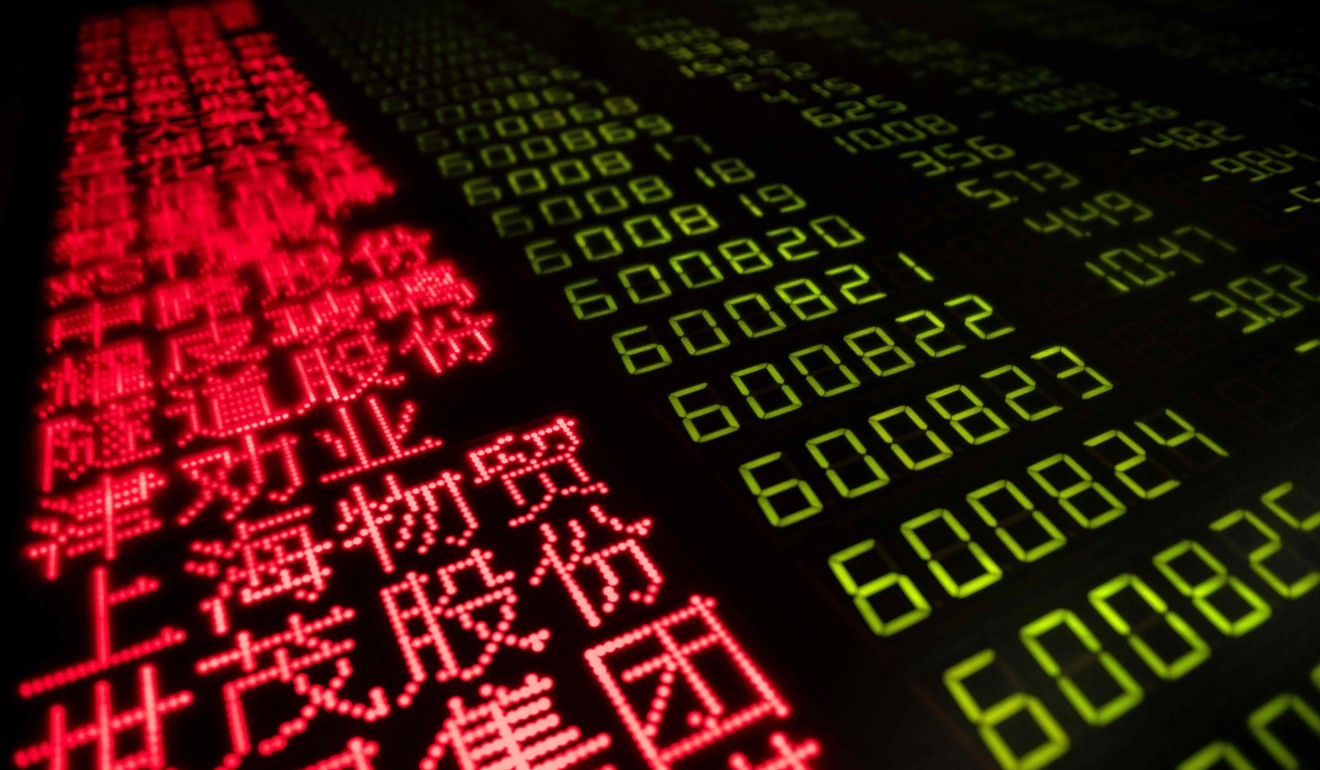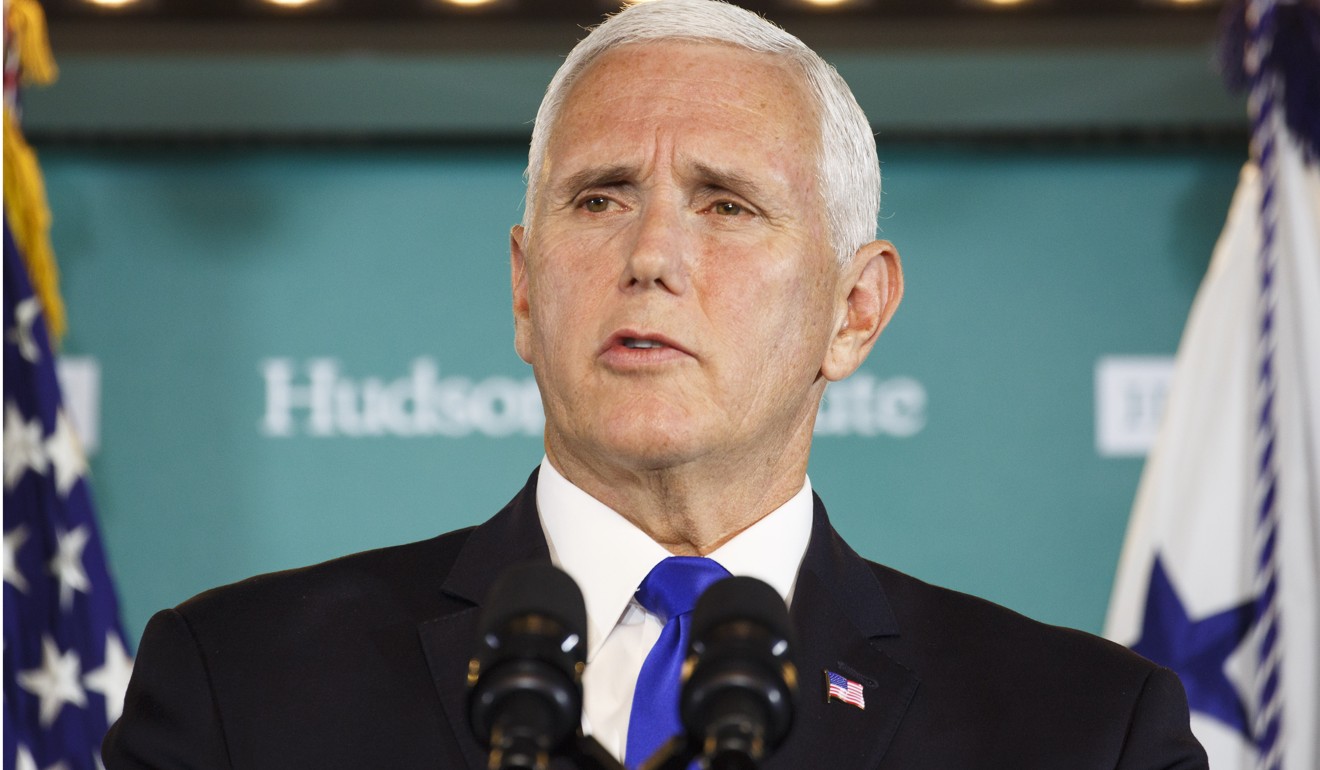
China’s plummeting stocks raise fears that market is early casualty in trade war
After several months of rising US tariffs, a stock market rout has brought the Shanghai benchmark index to a four-year low
A sell-off in financial exchanges amid rising hostilities with the United States has intensified concerns about whether China’s faltering stock market is heading towards a meltdown.
After US indexes suffered heavy losses on Wednesday and Thursday – both the Dow Jones and the Nasdaq lost more than 5 per cent over the two days – the rout spread to China. Shanghai stocks dropped 5.2 per cent on Thursday, before gaining 0.9 per cent on Friday.
Economists and analysts have questioned whether China’s economy can withstand the impact of additional tariffs, or even an economic cold war with the US, and whether the stock market is just the first victim.

On the eve of China’s stock market rout, which brought the Shanghai benchmark index to a four-year low, a group of veteran Chinese professors organised a forum in Beijing. The original topic of discussion was “whether China should give up its stock market”, but by the time the forum began the subject had been changed to a less dramatic “what kind of stock market does China need?”
Liu Jipeng, director of a stock market research centre at the China University of Political Science and Law, said at the forum that China’s 100 million retail stock investors were “very pessimistic” about the market.
“You can take a look at WeChat, people are asking whether the country has given up on the stock market,” Liu said, referring to the popular Chinese social media platform.
Wall Street bloodbath spills over to Hong Kong, China stocks
The perception that Chinese firms would suffer from a widespread lack of faith among investors did not bode well as the stock market was a major “battlefield”, he said.
“China shouldn’t give up the stock market if it wants to win the trade war,” Liu said, adding that the government should offer supportive policies to boost the market.
This year’s stock market weakness was cited by US Vice-President Mike Pence last week as sign of Beijing’s vulnerability.
“China’s largest stock exchange fell by 25 per cent in the first nine months of this year, in large part because our administration has been standing strong against Beijing’s trade practices,” he said in a speech on October 4.

He Qiang, a professor at Central University of Finance and Economics and a member of the Chinese People’s Political Consultative Conference, an advisory body, said at the forum that rampant speculation and extreme volatility in the Chinese stock market were caused by deficiencies in supervision and long-term planning.
Private enterprises were already suffering amid the trade war because of skyrocketing borrowing costs in spite of China’s central bank pushing for more lending to small to medium-sized firms, he said.
China and the US levied 25 per cent tariffs on US$50 billion worth of each other’s imports in July and August. Last month, the US added a 10 per cent tariff on US$200 billion worth of Chinese imports, with the rate set to rise to 25 per cent on January 1 if China does not make concessions. China retaliated with tariffs on US$60 billion worth of US goods.
Trading suspension proposal could increase tension, hurt investors
The People’s Bank of China said on Sunday it would cut the amount of cash that most banks must hold as reserves to lower funding costs and spur growth. This is the fourth time this year that the central bank has cut the reserve requirement ratio (RRR).
“Why has China been cutting RRR?” asked He. “The only reason is because of slower growth and the trade war, companies are increasingly facing more difficulties [with financing], especially small to medium firms.”
But He expressed doubts about whether such measures would help private companies when it came to meeting their borrowing needs because banks might not lend to those that are struggling to repay debts.
“Banks already had a lot of capital” even without the rate cut, he said. “But a lot of the money hasn’t been made accessible for small to medium enterprises.”

